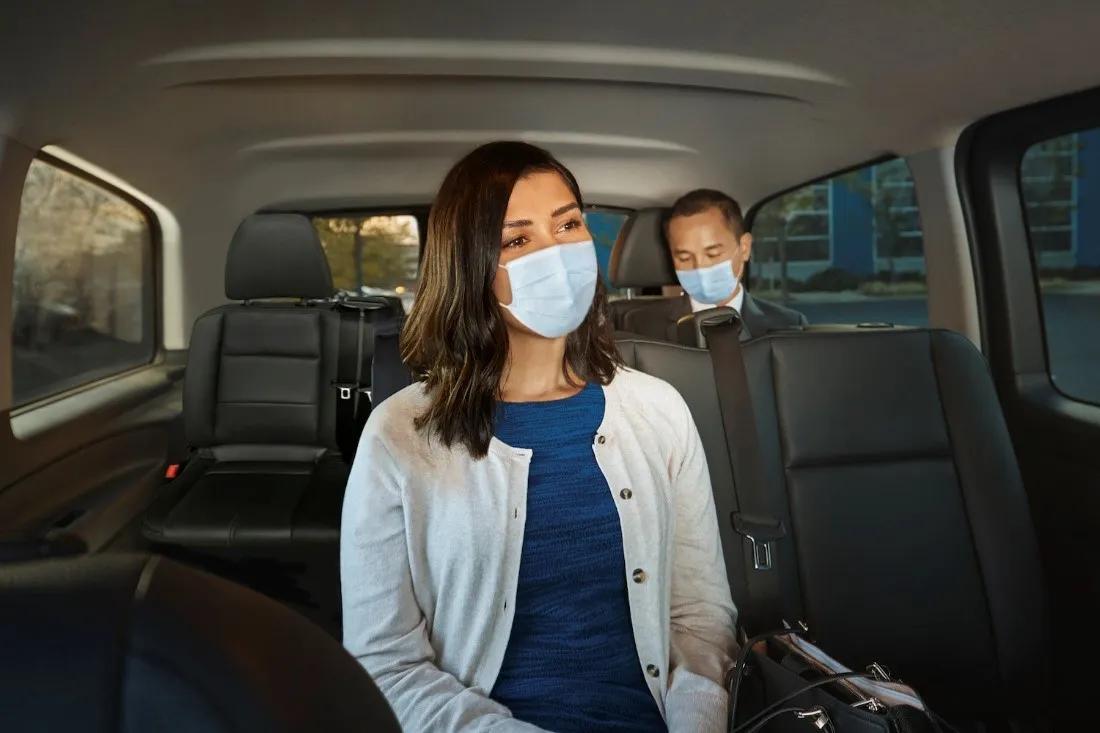
Via has launched an on-demand public transit service in the US city of St Louis.
The new service, Via Metro STL, will expand access to affordable, efficient and convenient shared rides for people in South-west St Louis County and North St Louis County, says Via.
This is where public transit is traditionally less available.
The service is in partnership with St Louis Metro Transit, and uses Via's technology.
Riders book a seat in a shared vehicle and can travel to any location within the service zone using a smartphone app.
Via’s algorithms match multiple passengers headed in the same direction.
Transit riders can book their ride by selecting a pick-up and drop-off location and are then directed to their exact pick-up spot.
As with ride-hailing firms, they can see the real-time location of their vehicle, the driver’s name and other information to help them spot their ride.
Transit riders without a smartphone or who require a wheelchair-accessible vehicle can book their trip on Via Metro STL by calling a telephone number.
“Cities and public transit agencies across the country are increasingly turning to technology to enable affordable, efficient and convenient mobility options that complement and extend existing public transit infrastructure,” said Daniel Ramot, chief executive of Via.
Via, launched in New York City in 2013, operates throughout the US and in Europe through ViaVan, a joint venture with Mercedes-Benz Vans.
Via technology is also deployed worldwide through projects with public transportation agencies, private transit operators, taxi fleets, private companies and universities.
Metro Transit operates the St Louis region’s public transportation system that extends out of the US state of Missouri and into neighbouring Illinois.
It also operates MetroLink light rail vehicles on 46 miles of track serving 38 stations in the two-state area, and operates Metro Call-A-Ride, a para-transit fleet of 122 vans.








